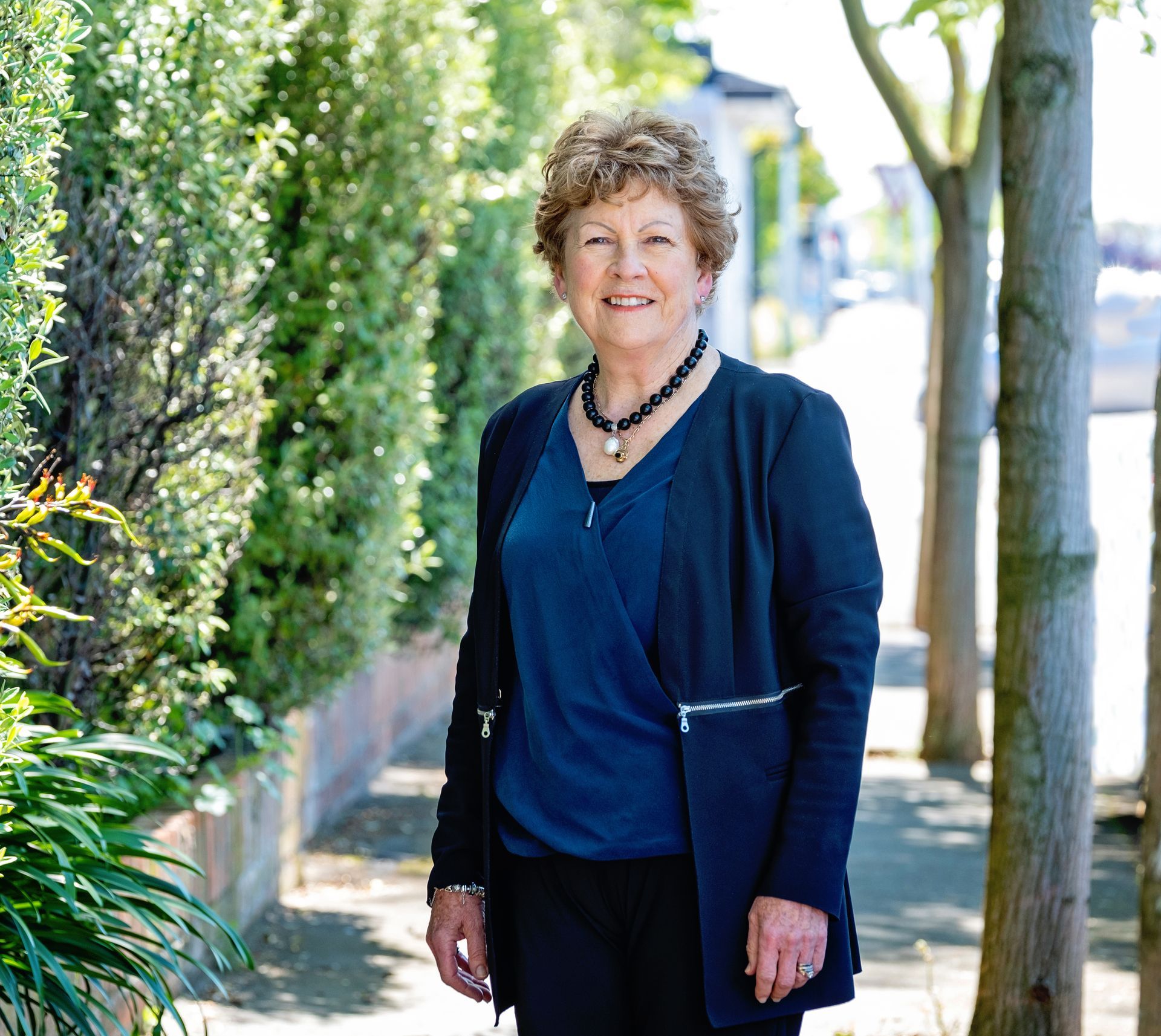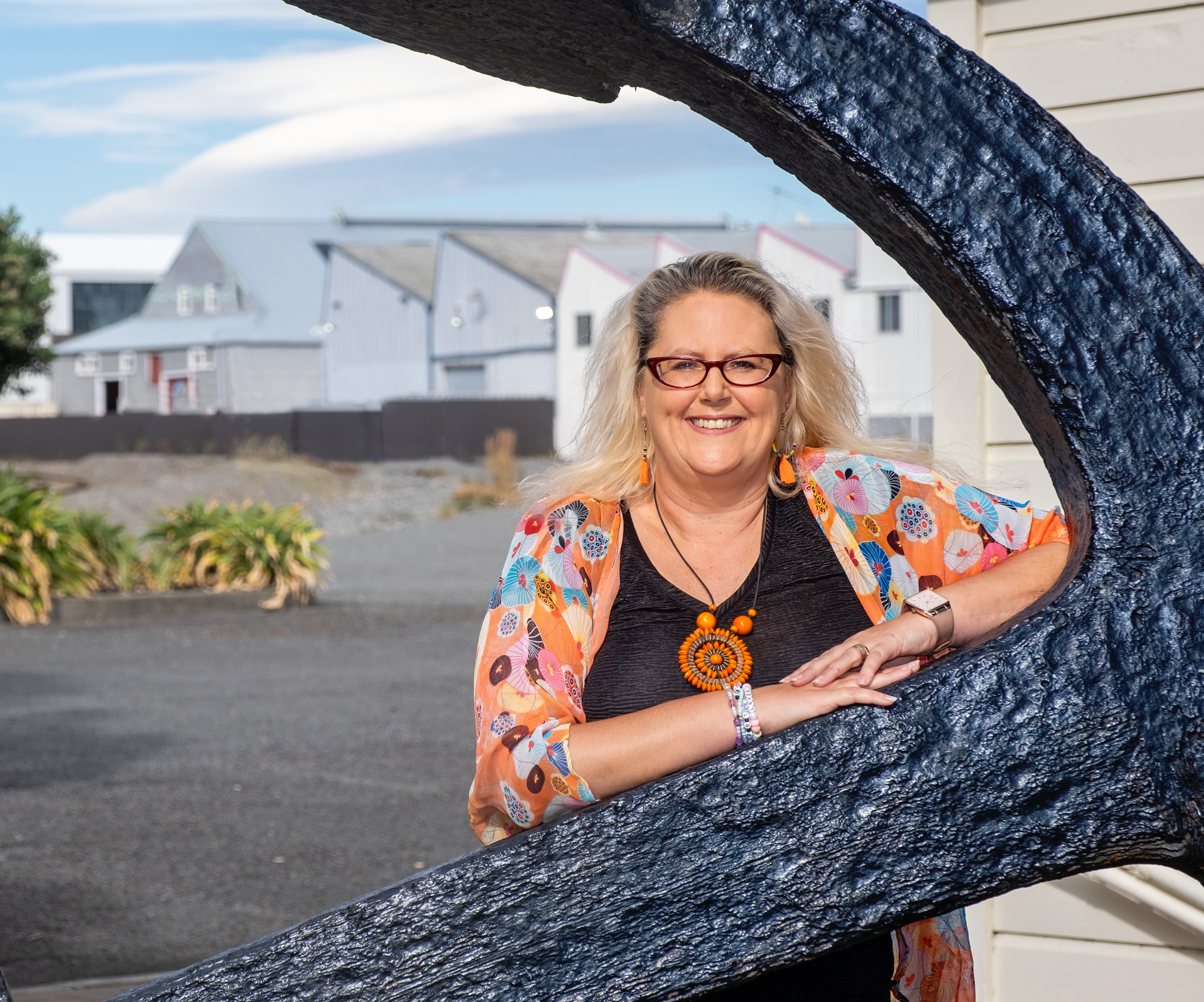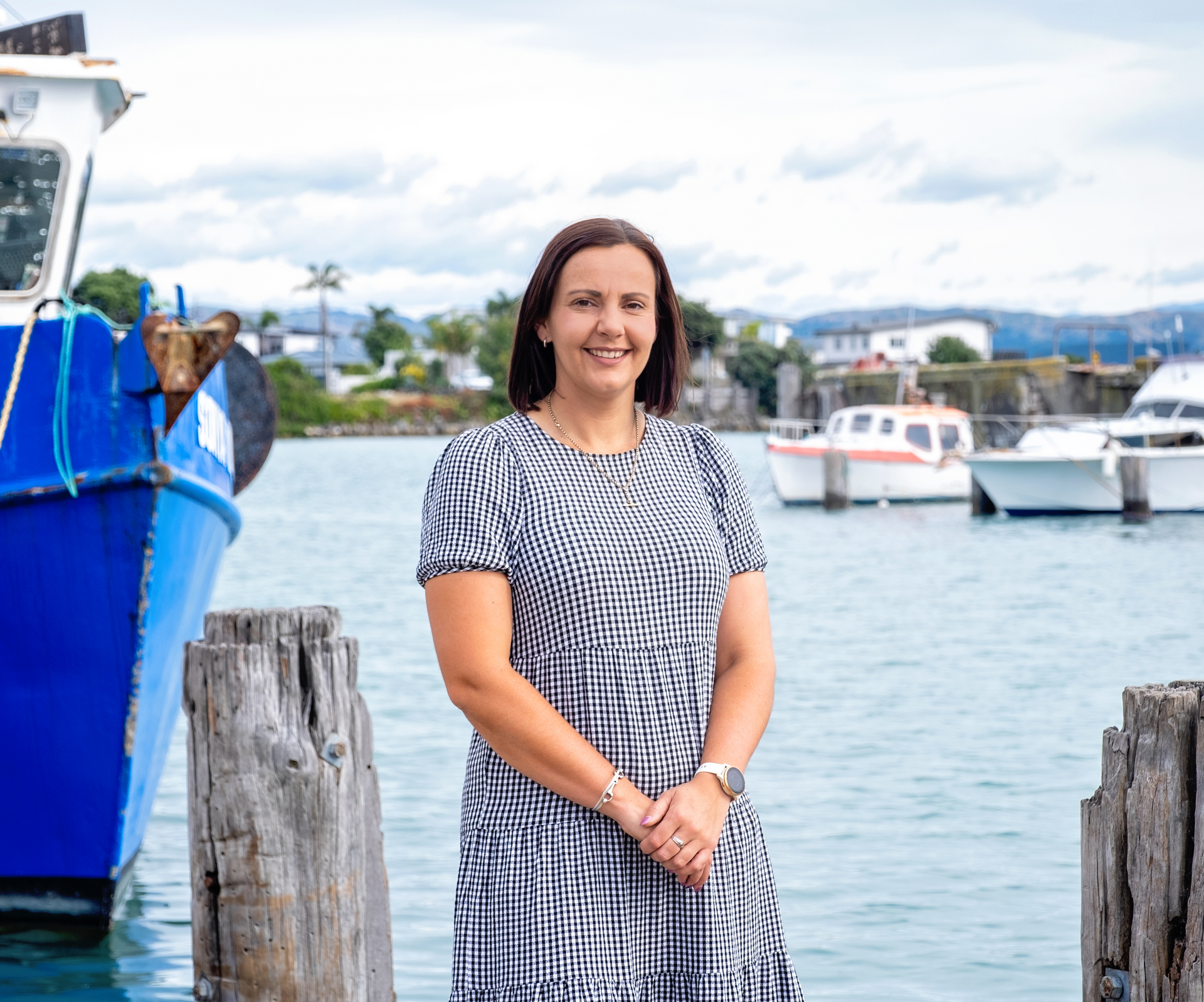What Happens If You Die Without A Will?
What happens if someone dies without having made a valid Will?
Dying without a Will in New Zealand, known as dying intestate, can lead to significant complications for the deceased’s family and loved ones. The distribution of assets is governed by the Administration Act 1969, which may not align with the deceased’s wishes.
Assets amounting to less than $15,000
When the deceased’s assets are less than $15,000, the estate is considered small. In such cases, the next of kin can manage and distribute the assets without formal legal processes. This includes collecting assets, paying debts, and distributing the remaining assets. However, even in these simpler cases, the absence of a Will can lead to disputes among family members about who should receive what.
Assets of more than $15,000
For estates exceeding $15,000, formal administration is required. This involves applying to the High Court for letters of administration, a process that can be time-consuming and costly. The court appoints an administrator, often a close relative, who is responsible for managing the estate. This includes closing accounts, paying debts, and distributing assets according to the intestacy laws. The distribution follows a strict hierarchy: the spouse or partner receives personal chattels, a fixed sum, and a third of the remaining estate, while the children share the rest. If there are no children, the spouse or partner receives the entire estate. If there is no spouse or partner, the estate is distributed among other relatives, such as parents or siblings.
Don't die intestate - make a Will
The absence of a Will can lead to unintended consequences, such as excluding close friends, stepchildren, or charities from inheriting. It can also cause delays and additional stress for the family during an already difficult time. Having a Will ensures that the deceased’s wishes are honoured, provides clear instructions for asset distribution, and can prevent family disputes. It also simplifies the legal process, saving time and money for the loved ones left behind.
Frequently asked questions about estate administration
Who can make a Will?
In New Zealand, anyone over the age of 18 can make a Will, provided they have the mental capacity to understand the decisions they are making. A Will is a crucial document that outlines how your property will be distributed after you die. Whether or not you have a spouse, de facto partner, or children, creating a Will ensures your wishes are clear, helping to save your loved ones from unnecessary stress. Even if your possessions include just savings, jewellery or furniture, it’s important to make these arrangements.
What does a Will need to be valid?
For a Will to be valid in New Zealand, it must meet these key criteria:
- Written and Signed: It must be in writing and signed by the person making it.
- Independent: Wishes are those of the Will maker, expressed free from any coercion or undue influence of any other person.
- Witnessed: Two witnesses (who are not beneficiaries) must see the Will maker sign and also sign the Will themselves.
- Clear Intentions: It should clearly state how the deceased’s property will be distributed after death.
- Capacity: The person making the Will must have the mental ability to make informed decisions.
If these requirements are not met, you may be held to have died intestate (i.e. without a Will), meaning that your property will be distributed according to a set formula determined by New Zealand Law.
What process is followed if someone dies with a Will?
When someone dies with a valid Will, a person named in the Will (Executor) is responsible for acting on the Will’s instructions on how your assets and liabilities are dealt with (“administering the estate”). This can involve:
- Paying any outstanding debts.
- Applying to the High Court to validate the Will and seeking permission for the Executor to act (applying for Probate)
- Ensuring your assets are properly valued and distributed.
The Executor must follow the instructions outlined in the Will, making sure everything is passed over to the beneficiaries according to the deceased’s wishes.
What is Probate?
Probate is the legal process that confirms a Will’s validity and grants the Executor the authority to manage the deceased’s estate. Without probate, the Executor cannot touch the deceased’s assets, such as bank accounts, an interest in land, a KiwiSaver account, jewellery, or savings. Once probate is granted, the Executor can begin distributing the estate, ensuring everything is handled according to the Will. For small estates worth less that $15,000 in total, application for probate is not necessary.
How long can it take to obtain Letters of Administration?
If someone dies without a Will (intestate), a family member or eligible person must apply for Letters of Administration to administer the estate. This process can take several weeks or even months, depending on factors like the complexity of the estate or delays in gathering required documents. The administrator is responsible for dividing the estate according to a basic order of priority and proportion set rigidly by New Zealand law. Spouse, children, siblings and even parents may end up inheriting in a way that the deceased never intended.
Who can I ask if I would like more information about Wills and Estate Administration?
If you’re unsure about any part of the process, it’s best to consult a lawyer or contact a trusted estate administration service. They can offer guidance on making or changing your Will and help you if you are in the position of being an Executor of the estate of someone who has died. Our Estates Administration team is here to help. We can explain how these general principles apply to the situation you face or may face in the future.













